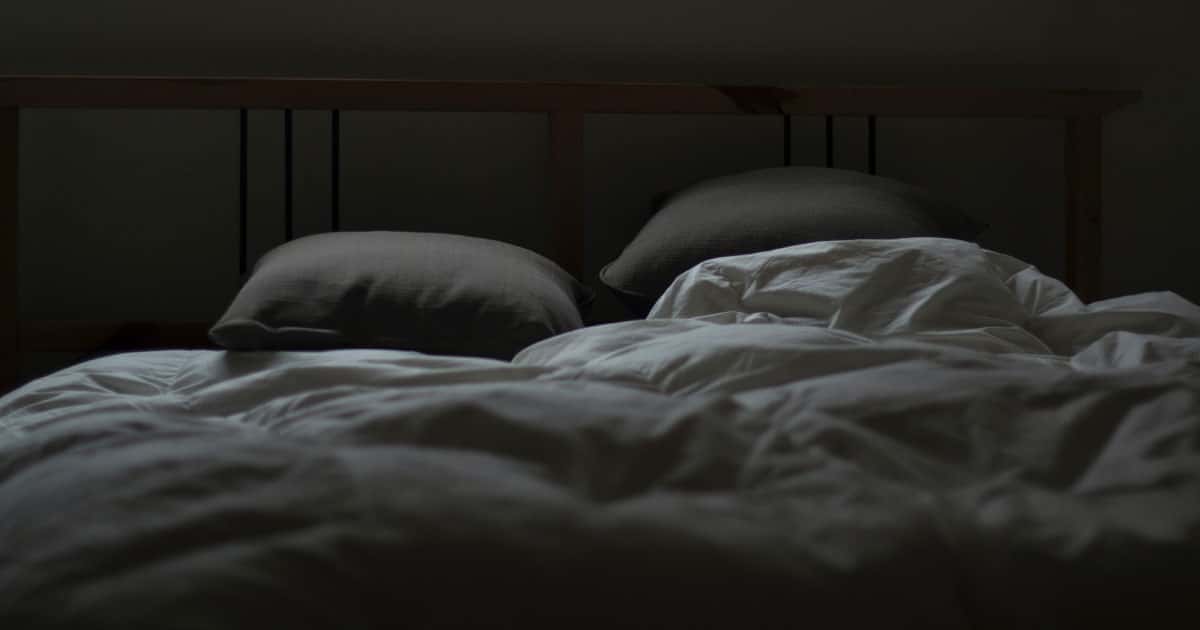We need sleep to maintain physical health, support brain function and assist with growth and development. When we sleep, our bodies rest, decrease blood pressure, body temperature, and heart rate, and conserve energy. Knowing its importance, you might think we’re all making a conscious effort to get enough sleep.

However, not everyone is getting as much sleep as needed, and it might be for some of the following reasons:
Poor Sleep Hygiene
Sleep hygiene describes healthy behaviors and environmental factors contributing to a peaceful night’s slumber. If you don’t utilize products like gummies for sleep, and your bedroom isn’t set up for optimal rest, you might have poor sleep hygiene. If you were to follow a sensible and consistent nightly routine, use sleep-enhancing products like gummies, and invest in a quality bed and bedding, you might enjoy more rest and healthier sleep routines.
Work Obligations
The nine-to-five routine is often touted as the American standard for working hours, and most workers do start between 6am and 10am daily. However, a small percentage also work in the evenings, overnight, or on split shifts. Such working hours can sometimes wreak havoc on your sleep schedule.
If you have to sleep during the day, you might not get as many hours as necessary to support your health and well-being. Fortunately, you might be able to create a better daytime sleep routine by investing in blackout curtains, keeping the room quiet, and leaving electronics out of the bedroom.
Sleep Disorders
Approximately 70 million Americans live with sleep disorders, such as insomnia, restless legs syndrome, sleep apnea, and narcolepsy. Many factors like genetics, medications, aging, and environment can cause sleep disorders. However, physical, psychiatric, and medical causes can also be at play.
Not everyone knows they have a sleep disorder, but symptoms can be hard to miss. Sufferers might find it challenging to stay awake when inactive, have slowed responses, and struggle to perform at work or school. They might also find it difficult to pay attention and are often told they look tired.
Healthcare providers typically diagnose sleep disorders by referring patients to sleep clinics for sleep studies with polysomnogram tests. They might also ask questions about how many hours you sleep, whether you nap and how long it takes to fall asleep at night.
Medical Conditions
A range of medical conditions can impact your ability to achieve as much sleep as you need, including diabetes, chronic pain, cancer, and heart disease. If your health condition is preventing you from sleeping soundly, make an appointment with your local physician to see if natural sleep products like fiber gummies or medication might be right for you.
Lifestyle Choices
Some people aren’t getting enough sleep because they choose not to. They might like staying up late, only to rise early to work, exercise, and socialize. Others might nap during the day and sleep very little at night. People who choose to foster poor sleeping habits and get insufficient sleep might develop symptoms like reduced energy, a shorter attention span, poor memory, and slowed thinking.
As much as the average person might like to get a whole night’s sleep, that doesn’t always happen. Fortunately, with sleep hygiene changes, medication, and sleep aids, you might be better positioned to achieve the quality sleep you need to maintain your physical and mental health.
